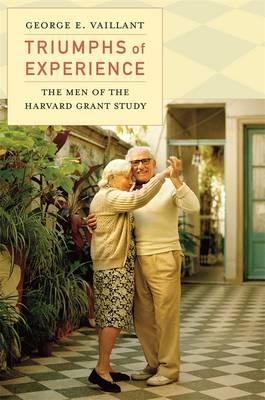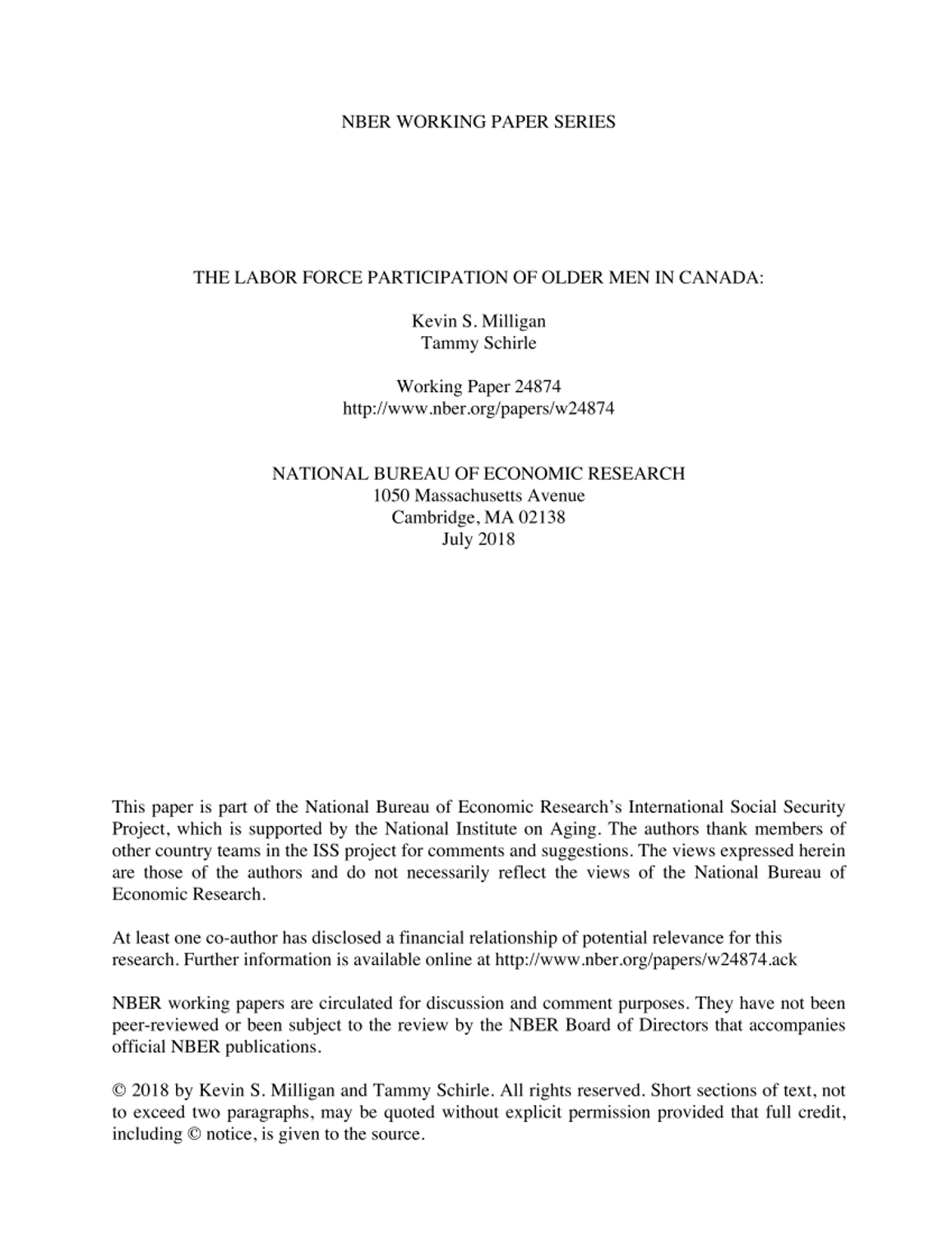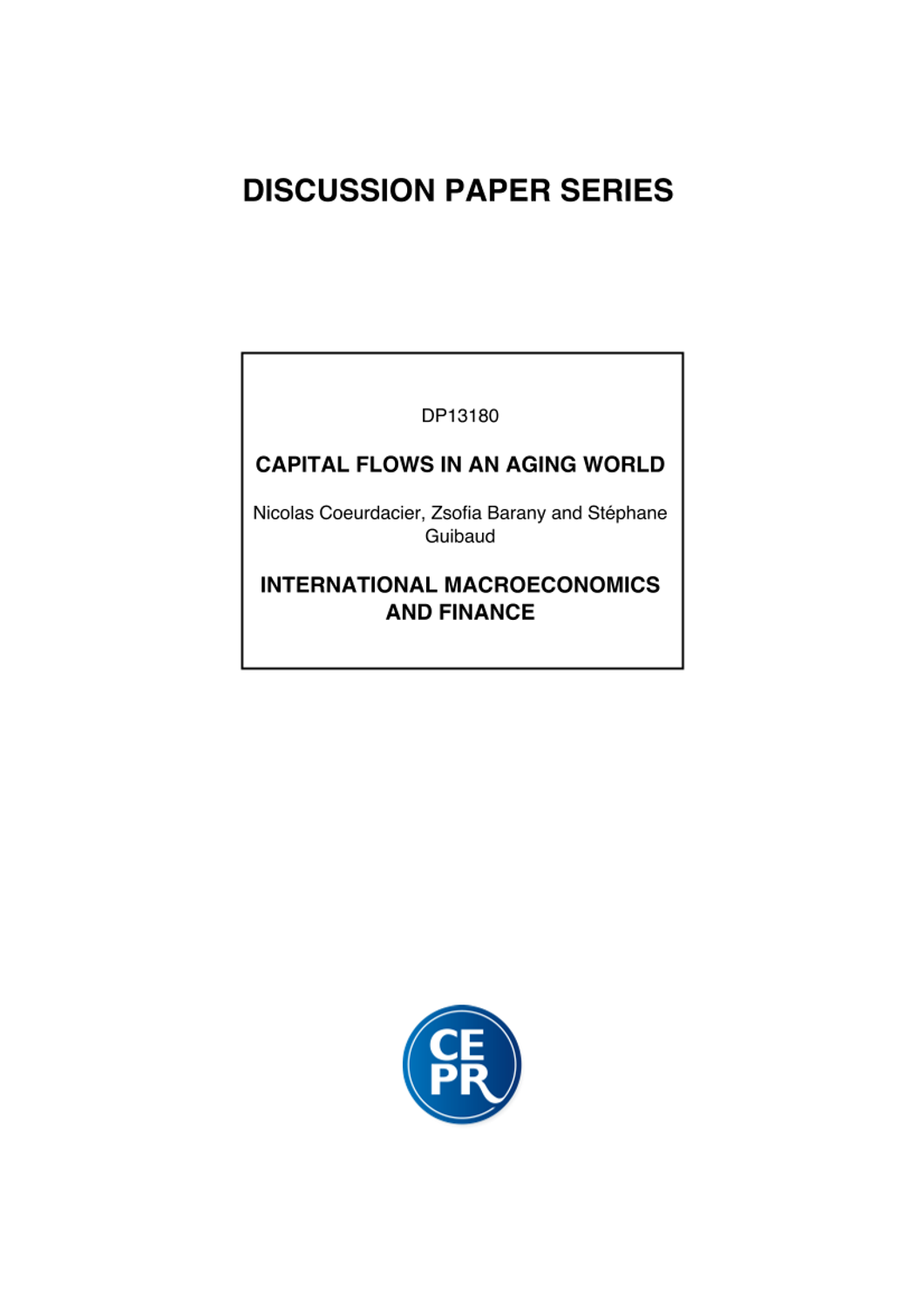
단행본
Aging well: surprising guideposts to a happier life from the landmark Harvard study of adult development
- 청구기호
- 305.260973 AGE2002
- 발행사항
- Boston : Little, Brown and Company, 2002
- 형태사항
- 373 p
- 서지주기
- Includes bibliographical references and index
- 일반주기
- Includes errata slip
- ISBN
- 9780316090070
소장정보
| 위치 | 등록번호 | 청구기호 / 출력 | 상태 | 반납예정일 |
|---|---|---|---|---|
이용 가능 (1) | ||||
| 한국노동연구원 | 00008258 | 대출가능 | - | |
이용 가능 (1)
- 등록번호
- 00008258
- 상태/반납예정일
- 대출가능
- -
- 위치/청구기호(출력)
- 한국노동연구원
책 소개
"We all need models for how to live from retirement to past 80--with joy," writes George Vaillant, M.D., director of the Harvard Study of Adult Development. This groundbreaking book pulls together data from three separate longevity studies that, beginning in their teens, followed 824 individuals for more than 50 years. The subjects were male Harvard graduates; inner-city, disadvantaged males; and intellectually gifted women. "Here you have these wonderful files, and you seem little interested in how we cope with increasing age ... our adaptability, our zest for life," one of these subjects wrote to Vaillant, a researcher, psychiatrist, and Harvard Medical School professor, about how he was using this information. Vaillant took this advice to heart. In Aging Well, he presents personal narratives about people from these studies whom he interviewed personally in their 70s and 80s. He describes their history, relationships, hardships, philosophies, and sources of joy. We learn their perspectives and what makes them want to get up in the morning. We also learn what makes old age vital and interesting. Vaillant discusses the important adult developmental tasks, such as identity, intimacy, and generativity (giving to the next generation), and provides important clues to a healthy, meaningful, satisfying old age. Health in old age, we learn, is not predicted by low cholesterol or ancestral longevity, but by factors such as a stable marriage, adaptive coping style (the ability to make lemonade out of life's lemons), and regular exercise.Vaillant is empathetic and sometimes surprisingly poetic: "Owning an old brain, you see, is rather like owning an old car.... Careful driving and maintenance are everything." He freely includes subjective observations and interpretations, giving us a richer picture of the people he interviewed and insights into their lives. Aging Well is recommended for readers who are interested in learning about the quality-of-life issues of aging from the people who have the most to teach.
목차
The Study of Adult Development 3(36)
Ripeness Is All: Social and Emotional Maturation 39(44)
The Past and How Much It Matters 83(30)
Generativity: A Key to Successful Aging 113(28)
Keeper of the Meaning 141(18)
Integrity: Death Be Not Proud 159(26)
Healthy Aging: A Second Pass 185(34)
Retirement, Play, and Creativity 219(30)
Does Wisdom Increase with Age? 249(8)
Spirituality, Religion, and Old Age 257(24)
Do People Really Change Over Time? 281(26)
Positive Aging: A Reprise 307(40)
APPENDICES
A The Three Cohorts 327(7)
B An Illustrated Glossary of Defenses 334(2)
C Methodology for Assessing Maturity of Adaptive Mental Mechanisms (a.k.a. Defenses) 336(2)
D Assessment of Childhood Scales 338(1)
E Basic Trust at Age 50 Associated with Childhood Environment and Future Successful Aging 339(1)
F Scale for Subjective Physical Health (Instrumental Activities of Daily Living) 340(2)
G Scale for Objective Mental Health (Age 50--65) 342(1)
H Scale for Objective Social Supports (Age 50--70, Harvard Cohort Only) 343(1)
I Scale for Subjective Life Satisfaction 344(1)
J Table Contrasting the Happy-Well with the Sad-Sick and the Prematurely Dead 345(1)
K Graceful Aging Scale 346(1)
Notes 347(12)
Acknowledgments 359(2)
Index 361









